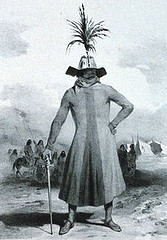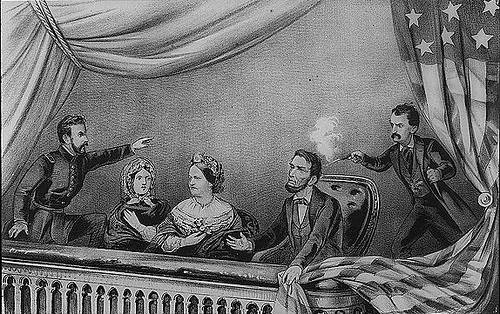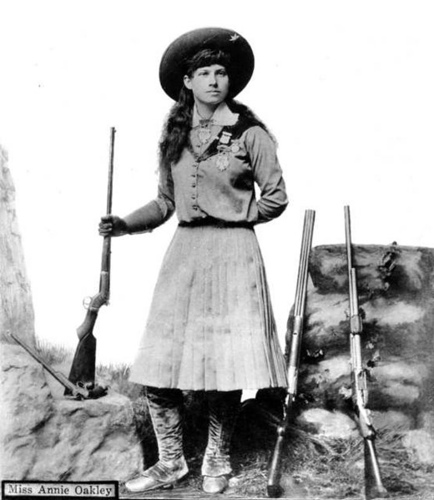
The land regions of Mars can be distinguished from the seas by their ruddy color, the seas being greenish. But here, perhaps, you will be disposed to ask how astronomers can be sure that the greenish regions are seas, the ruddy regions land, the white spots either snow or cloud. Might not materials altogether unlike any we are acquainted with exist upon that remote planet?
The spectroscope answers this question in the clearest way. You may remember what I told you in October, 1876, about Venus, how astronomers have learned that the vapor of water exists in her atmosphere. The same method has been applied, even more satisfactorily, to the planet of war, and it has been found that he also has his atmosphere at times laden with moisture. This being so, it is clear we have not to do with a planet made of materials utterly unlike those forming our earth. To suppose so, when we find that the air of Mars, formed like our own (for if it contained other gases the spectroscope would tell us), contains often large quantities of the vapor of water, would be as absurd as to believe in the green cheese theory of the moon, or in another equally preposterous, advanced lately by an English artist — Mr. J.T. Brett — to the effect that the atmosphere of Venus is formed of glass.
— Richard A. Proctor, St. Nicholas Magazine for Boys and Girls, November 1877








